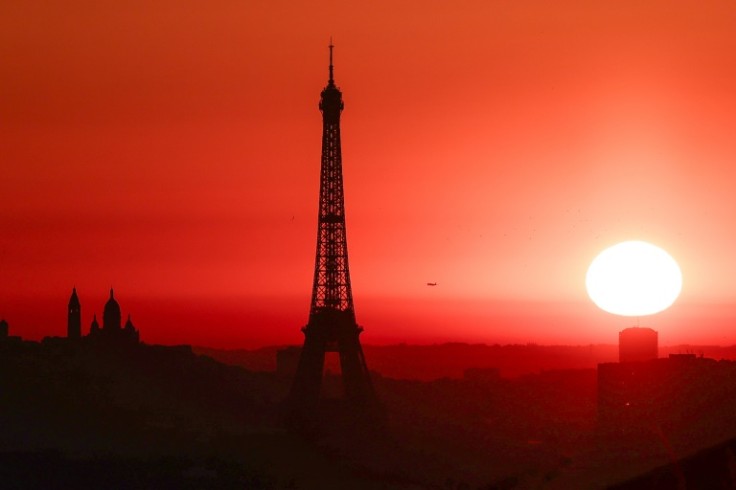
Europe is a world leader in the fight against climate change but must do more to improve its resilience against global warming, the European Union's environment agency warned on Monday.
While "significant progress" has been made to reduce greenhouse gas emissions and air pollution, the general state of Europe's environment was "not good", the European Environment Agency (EEA) said after compiling data from 38 countries.
Its director, Leena Yla-Mononen, told reporters in Brussels that biodiversity was on the decline "due to persistent pressures driven by unsustainable production and consumption patterns".
Water resources, likewise, were under "severe pressure", with one-third of the European population being affected by water stress, she said.
The climate assessment, conducted every five years, comes after EU member states at a UN climate summit last week were unable to present a 2035 plan to further slash greenhouse gases, due to disagreements within the 27-nation bloc.
The EU is also unable to agree on an ambitious proposal from the European Commission to reduce emissions by 90 percent by 2040 from 1990 levels.
EU greenhouse gas emissions have dropped 37 percent since 1990, outpacing reductions by other major polluters like China and the United States, due to reduced fossil-fuel use and a doubling of renewable energy capacity since 2005.
But the EEA said EU countries must go further in implementation of policies aiming for better sustainability already agreed under a European Green Deal.
Nature on the continent "continues to face degradation, overexploitation and biodiversity loss," the EEA said.
Water in particular is an increasingly scarce resource, and land is over-exploited.
Some 81 percent of protected habitats are in poor or bad condition, 60 to 70 percent of soils are degraded, and 62 percent of water bodies are not in good ecological condition, the report said.
Even though climate change ramps up water scarcity, the EEA said there was scope to save up to 40 percent of water in agriculture, water supply and energy production through better governance, technological innovation, water reuse and public awareness.
Most buildings in Europe were not designed to withstand heat, the EEA said, noting that 19 percent of Europeans are unable to maintain a comfortable temperature in their homes.
The frequency of extreme heatwaves is increasing, yet only 21 of the EEA's 38 member countries have health action plans for heatwaves, the agency said.
In general, extreme weather and climate events such as heatwaves, floods, landslides and wildfires have caused over 240,000 deaths between 1980 and 2023 in the 27 EU countries, it said.
And the financial toll of these events continues to mount.
In 2023, for example, the cost of flooding in Slovenia amounted to 16 percent of the country's GDP.
The agency called on Europe to adapt.
"Sustainability is not a choice, it's a question of when we do it," said Catherine Ganzleben, head of the EEA's Sustainable and Fair Transitions unit, adding that "the costs of inaction will be higher" later on.
"We must act... before it is too late," said Teresa Ribera, executive vice-president of the European Commission in charge of the green transition.
"We must radically increase our efforts in climate resilience and adaptation," she said.
Preventing pollution reduces the number of deaths and illnesses.
Regarding air pollution, the number of deaths linked to fine particulate matter exposure has significantly decreased, dropping by 45 percent between 2005 and 2022.








